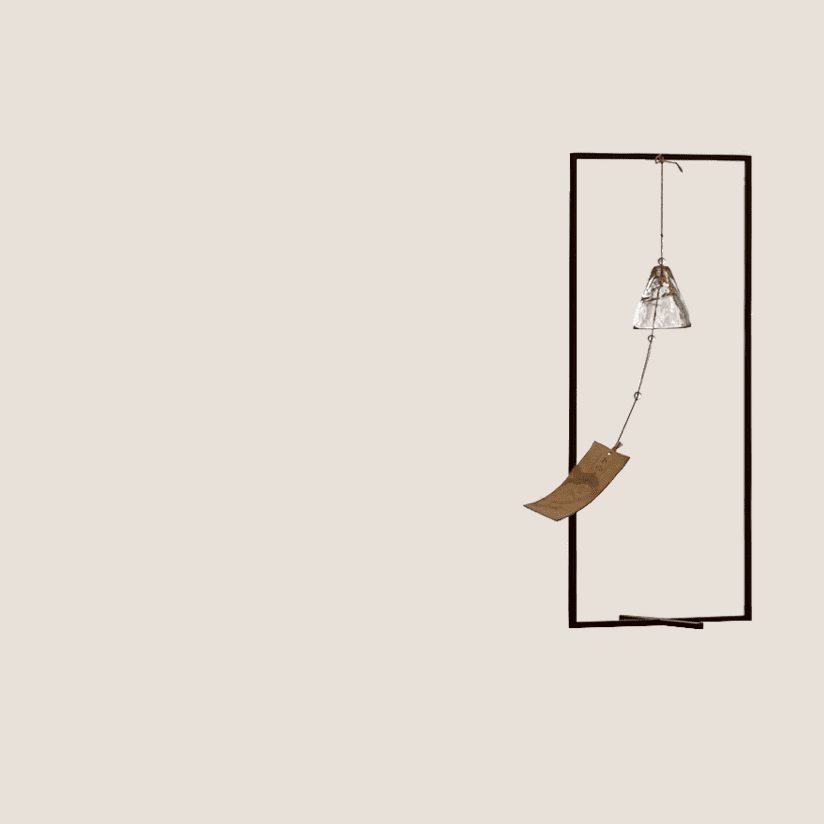FAQ for Handmade Hair Cleansing Soap Usage
1. Why does the hair cleansing soap feel a bit rough?
Hair cleansing soap is made from herbal ingredients and plant oils using a low-temperature cold process method. It does not contain additives such as colorants, fragrances, foaming agents, or silicones. On the other hand, most commercial shampoos contain foaming agents, moisturizers, silicones, and other ingredients. When cleaning the hair, the hair cuticles open up, and the silicones and acidic components in the shampoo cause the cuticles to close, resulting in a smooth feeling during washing. This gives the illusion of softer and smoother hair, but in reality, it is just a sensory perception, and the hair doesn't actually become healthier.
These silicones and other ingredients in commercial shampoos can have a long-term negative impact on our hair and scalp, leading to issues like dryness, hair loss, and scalp problems that many people experience. Handmade hair cleansing soap, on the other hand, does not contain silicones, does not cause tears, and is not acidic. The cleansing sensation may feel a bit rough, but it doesn't burden the hair and scalp. With consistent use, you will gradually notice that your hair and scalp are returning to a healthier state.
2. How long does it take to adapt to using hair cleansing soap?
Hair cleansing soap may feel a bit rough, especially for those who are accustomed to the smooth feeling of commercial shampoos. It takes time for our hair to adapt from using shampoo to using hair cleansing soap. The adaptation period usually ranges from a few weeks to a few months. During this time, you may experience dryness, greasiness, or a feeling of not being completely rinsed. Before using hair cleansing soap, you can refer to the following summarized instructions on how to use it, which will help you adapt to this healthier cleansing method more quickly. Once you decide to use hair cleansing soap, we recommend using it consistently for at least three months and patiently waiting for your hair to return to its natural and healthy state.
3. What if I want to try hair cleansing soap but I'm worried about not being able to adapt?
Although hair cleansing soap may feel a bit rough, different people have different experiences with it. Some people quickly accept this rough sensation, while others may take some time to adapt. It's normal to have concerns about trying hair cleansing soap and not being able to adapt to it. If you want to try hair cleansing soap but are afraid of not being able to adapt, you can start with a soap that can be used for both bathing and hair washing, such as aloe vera soap or green tea lemongrass soap. These soaps can be used to try washing your hair according to the instructions for hair cleansing soap and can also be used for bathing. Even if you can't adapt to using them for hair washing, you can still use them for bathing without wasting them.
4. How can I improve the rough sensation of hair cleansing soap?
After using hair cleansing soap to clean your hair, if you initially feel uncomfortable with the rough sensation, you can use household white vinegar to condition your hair. When the hair cuticles come into contact with acidity, they close, and the rough feeling diminishes.
5. What is the specific method of using hair cleansing soap when starting out?
1) Comb your hair and wet it with warm water, keeping the hair strands as smooth as possible.
2) Rub the soap directly onto your hair, preferably following the direction of the hair strands, and create a rich lather to clean both the hair and scalp. Finally, rinse thoroughly with clean water. It is recommended to wash your hair twice in this way.
3) Hair cleansing soap does not contain silicones, so the hair cuticles will open up during the cleaning process, resulting in a rough sensation. In this case, you can dilute one tablespoon of white vinegar in half a basin of clean water and use it to condition your hair, avoiding the scalp. After conditioning, rinse thoroughly with clean water. (Using white vinegar for conditioning can be a personal preference. If you find the rough sensation after washing, you can use white vinegar for conditioning. Once your hair adapts, you can choose whether to continue using it or not.)
4) After using hair cleansing soap to clean your hair, there is no need to use chemical hair conditioners. You can use natural plant oils such as coconut oil, olive oil, or essential oils. Just apply a few drops to your palms, rub them together, and gently apply to the ends of your hair for conditioning.
Hair cleansing soap is made from herbal ingredients and plant oils using a low-temperature cold process method. It does not contain additives such as colorants, fragrances, foaming agents, or silicones. On the other hand, most commercial shampoos contain foaming agents, moisturizers, silicones, and other ingredients. When cleaning the hair, the hair cuticles open up, and the silicones and acidic components in the shampoo cause the cuticles to close, resulting in a smooth feeling during washing. This gives the illusion of softer and smoother hair, but in reality, it is just a sensory perception, and the hair doesn't actually become healthier.
These silicones and other ingredients in commercial shampoos can have a long-term negative impact on our hair and scalp, leading to issues like dryness, hair loss, and scalp problems that many people experience. Handmade hair cleansing soap, on the other hand, does not contain silicones, does not cause tears, and is not acidic. The cleansing sensation may feel a bit rough, but it doesn't burden the hair and scalp. With consistent use, you will gradually notice that your hair and scalp are returning to a healthier state.
2. How long does it take to adapt to using hair cleansing soap?
Hair cleansing soap may feel a bit rough, especially for those who are accustomed to the smooth feeling of commercial shampoos. It takes time for our hair to adapt from using shampoo to using hair cleansing soap. The adaptation period usually ranges from a few weeks to a few months. During this time, you may experience dryness, greasiness, or a feeling of not being completely rinsed. Before using hair cleansing soap, you can refer to the following summarized instructions on how to use it, which will help you adapt to this healthier cleansing method more quickly. Once you decide to use hair cleansing soap, we recommend using it consistently for at least three months and patiently waiting for your hair to return to its natural and healthy state.
3. What if I want to try hair cleansing soap but I'm worried about not being able to adapt?
Although hair cleansing soap may feel a bit rough, different people have different experiences with it. Some people quickly accept this rough sensation, while others may take some time to adapt. It's normal to have concerns about trying hair cleansing soap and not being able to adapt to it. If you want to try hair cleansing soap but are afraid of not being able to adapt, you can start with a soap that can be used for both bathing and hair washing, such as aloe vera soap or green tea lemongrass soap. These soaps can be used to try washing your hair according to the instructions for hair cleansing soap and can also be used for bathing. Even if you can't adapt to using them for hair washing, you can still use them for bathing without wasting them.
4. How can I improve the rough sensation of hair cleansing soap?
After using hair cleansing soap to clean your hair, if you initially feel uncomfortable with the rough sensation, you can use household white vinegar to condition your hair. When the hair cuticles come into contact with acidity, they close, and the rough feeling diminishes.
5. What is the specific method of using hair cleansing soap when starting out?
1) Comb your hair and wet it with warm water, keeping the hair strands as smooth as possible.
2) Rub the soap directly onto your hair, preferably following the direction of the hair strands, and create a rich lather to clean both the hair and scalp. Finally, rinse thoroughly with clean water. It is recommended to wash your hair twice in this way.
3) Hair cleansing soap does not contain silicones, so the hair cuticles will open up during the cleaning process, resulting in a rough sensation. In this case, you can dilute one tablespoon of white vinegar in half a basin of clean water and use it to condition your hair, avoiding the scalp. After conditioning, rinse thoroughly with clean water. (Using white vinegar for conditioning can be a personal preference. If you find the rough sensation after washing, you can use white vinegar for conditioning. Once your hair adapts, you can choose whether to continue using it or not.)
4) After using hair cleansing soap to clean your hair, there is no need to use chemical hair conditioners. You can use natural plant oils such as coconut oil, olive oil, or essential oils. Just apply a few drops to your palms, rub them together, and gently apply to the ends of your hair for conditioning.


